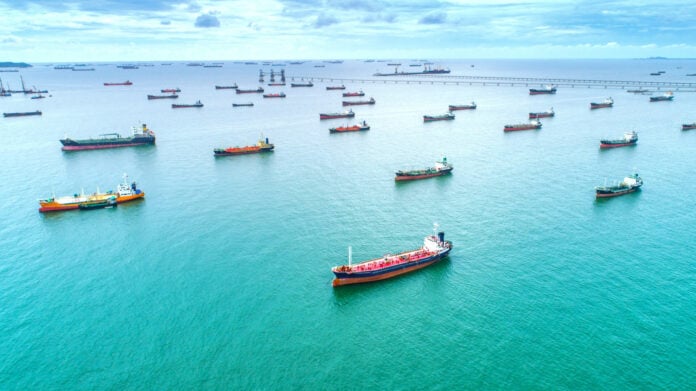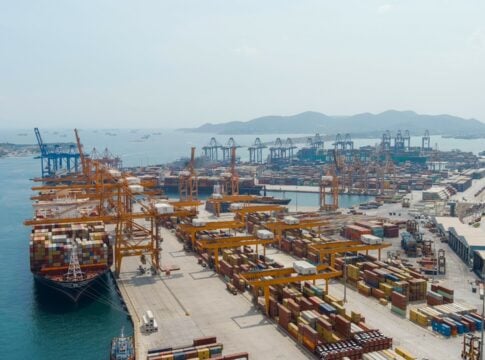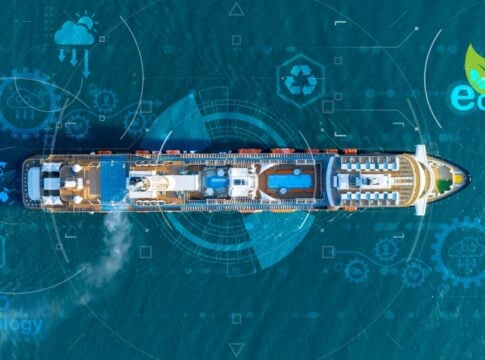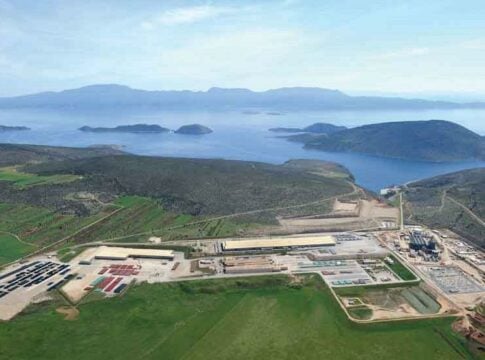Serious concerns about the “roadmap” for decarbonizing shipping – Net-Zero Framework (NZF) – which is expected to be put forward for adoption in mid-October at the International Maritime Organization, are being expressed by some of the largest shipping groups in the world.
In particular, 19 companies, including Greek interests, which control more than 1,200 ocean-going ships, with a total carrying capacity of over 150 million dwt, highlight the major practical problems that an agreement that emerged after major compromises could create for the industry, but also for the global economy.
“Our aim is to ensure that the voice of the industry is heard and taken into account by decision-makers,” they noted.
According to the joint statement: “It is essential that the IMO NZF implements greenhouse gas (GHG) measures that are fit for purpose, providing incentives for available transition options and giving the right signals to the market to enable the decarbonization of the shipping sector, while avoiding excessive financial burdens and inflationary pressures on the end consumer.”
“These fundamental issues cannot be resolved through post-adoption guidelines. We believe that critical amendments to the IMO NZF are required, including consideration of realistic targets and limits, surplus allocation and incentives to support transition and SMEs, with transparency in the management of funds, before the adoption of the regulation is considered.”
Major investments
The shipping industry has already undertaken particularly costly initiatives, with major investments to reduce the environmental footprint of ships.
“Collectively, we have made significant investments to improve the efficiency and carbon footprint of our existing fleets, in addition to orders for state-of-the-art new ships. It is vital that we continue to be encouraged to invest in this direction, while ensuring safe, reliable and competitive operations,” they noted in their joint statement.
And they added: “Recognizing the importance of a global framework for the shipping sector, we wish to highlight that the IMO NZF, as currently drafted, lacks a comprehensive impact assessment and, most importantly, intermediate fuel availability checkpoints – comparable to previous regulatory changes on fuels, such as IMO 2020. As it stands, we do not believe that the IMO NZF will work effectively to decarbonize shipping in line with the IMO 2023 strategy, nor that it will ensure a level playing field, as intended. This is of deep concern to us.”














